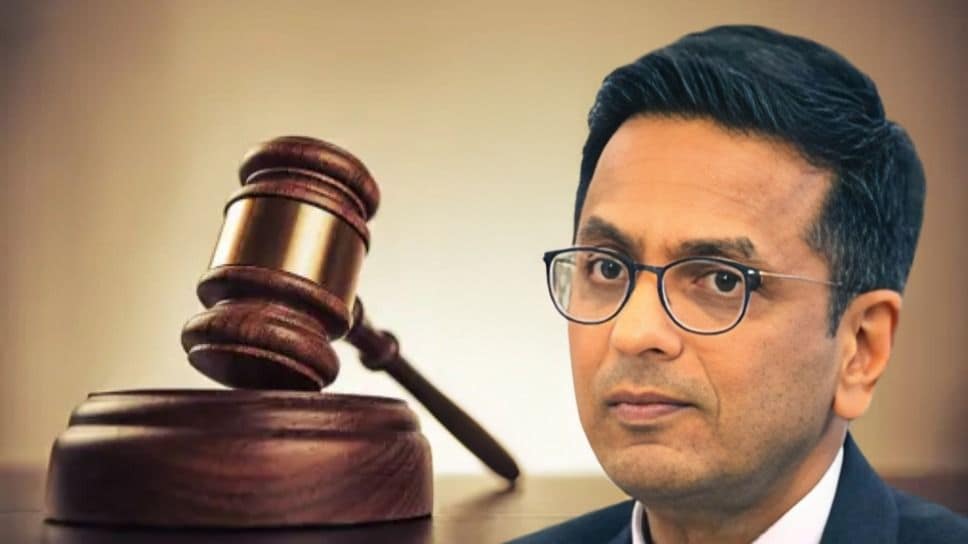
New Delhi: Chief Justice of India DY Chandrachud will step down on Sunday, November 10, making way for Justice Sanjiv Khanna, the Supreme Court’s senior-most judge, who will assume the charge on Monday, November 11.
Ban on Practicing Law
The Chief Justice of India (CJI) plays a vital role in delivering justice and safeguarding the Constitution. After their term ends, however, CJIs and other Supreme Court judges are prohibited from practicing law in any court in India, as stated in Article 124(7) of the Constitution.
Why the Ban Exists
This prohibition on post-retirement legal practice is grounded in ethical principles designed to protect public confidence in the judiciary’s integrity and independence. As a fundamental part of democracy, the judiciary’s credibility rests on maintaining both perceived and actual impartiality. Allowing a retired judge to practice could create doubts about whether their rulings were influenced by career considerations.
Alternative Roles for Retired CJIs
While retired Chief Justices of India (CJIs) and Supreme Court judges are prohibited from practicing law, they often find fulfilling ways to contribute to society through various roles that align with ethical guidelines:
- Commissions and Tribunals: Retired judges frequently assume leadership positions in important commissions and tribunals, such as the National Human Rights Commission or the National Green Tribunal, where they apply their vast experience to address critical national issues.
- Academic Contributions: Many retired judges engage in academia, teaching at law schools, giving guest lectures, or publishing legal writings, sharing their knowledge and expertise with future generations of legal professionals.
- Public Service: Some retired judges are appointed to constitutional positions, such as governors, or serve on various governmental committees, contributing to the broader public service sector.
- Arbitration and Mediation: Many retired judges transition into arbitration or mediation, utilizing their deep legal expertise to resolve complex disputes. Under the Arbitration and Conciliation Act of 1996, they are allowed to serve as arbitrators.




